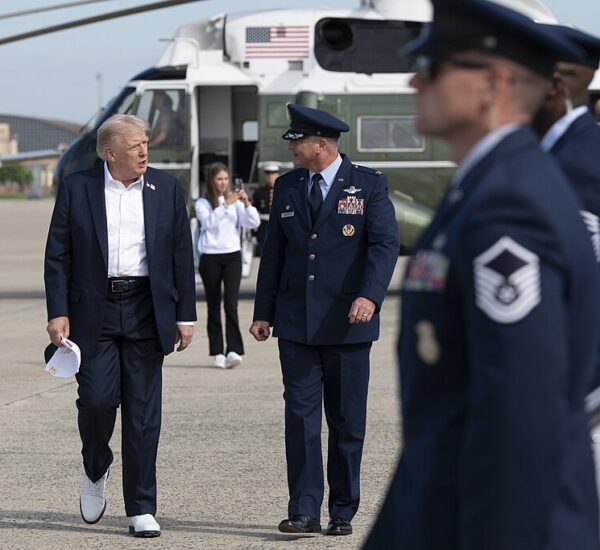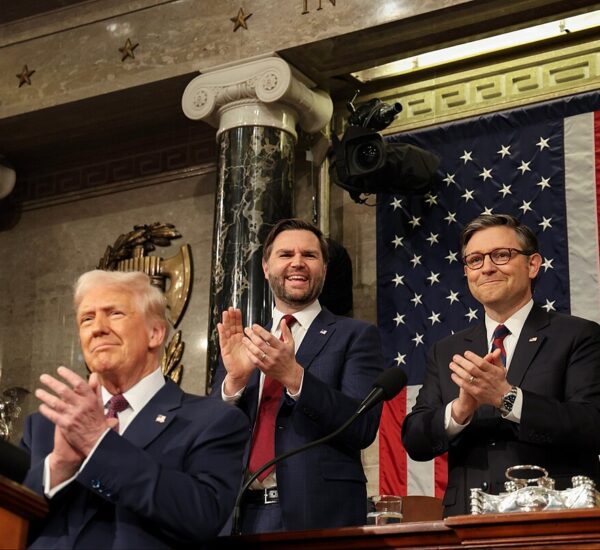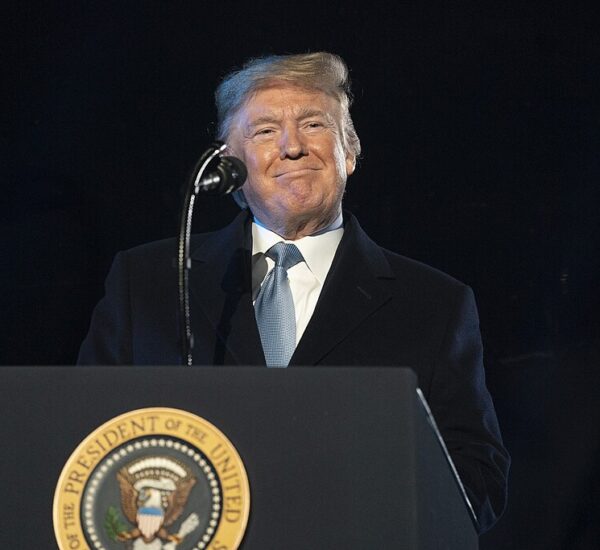Judge Doubles Down On Trump
Deportation Flights Spark Legal Showdown Over National Security and Immigration Law
In a heated federal courtroom exchange, an Obama-appointed judge openly criticized the Trump administration’s swift use of a rarely invoked immigration law to deport Venezuelan nationals with suspected gang ties. The case shines a spotlight on the broader battle over U.S. immigration policy, national security, and the federal government’s right to act decisively in times of crisis.
Trump Administration Acts Quickly to Remove Criminal Threats
Under the direction of former President Donald Trump, federal immigration authorities activated the Alien Enemies Act, a historic wartime measure, to target foreign nationals affiliated with Tren de Aragua, a violent criminal organization spreading throughout Central and North America.
The administration’s move was part of a broader illegal immigration crackdown designed to protect American communities from rising threats linked to cross-border crime. The swift action, which included overnight deportation flights, caught the attention of U.S. District Judge James Boasberg, who questioned whether court orders had been ignored.
“I will get to the bottom of whether they violated my order, who ordered this, and what the consequences will be,” said Boasberg, signaling possible legal challenges ahead.
Justice Department Defends National Security Powers
The Department of Justice pushed back on Boasberg’s criticisms, citing the importance of protecting U.S. citizens from gang violence and the need for executive discretion during national security operations. Deputy Assistant Attorney General Drew Ensign defended the administration’s legal authority, stating that the government had not violated any directives and that critical information was relayed as required.
Legal experts note that the Alien Enemies Act—originally passed in 1798—has only been used a handful of times in American history. Its activation underscores the severity of the immigration crisis and the growing concern over criminal activity tied to foreign nationals.
ACLU and Liberal Groups Oppose Deportation Measures
Predictably, liberal organizations such as the American Civil Liberties Union (ACLU) have come out swinging. ACLU attorney Lee Gelernt warned that using tattoos or perceived affiliations as grounds for deportation sets a dangerous precedent and could open the door for future civil rights challenges.
“Anyone could just be removed off the streets,” Gelernt claimed, referring to reports that some individuals had gang-related tattoos—though some, like a Real Madrid logo, were cultural rather than criminal.
Critics of the Trump administration argue that this approach lacks due process. Supporters, however, see it as a long-overdue return to law and order and a necessary step to keep American citizens safe.
A Broader Fight Over Border Security and Executive Authority
Judge Boasberg, who was appointed during the Obama era, expressed concern over what he called an “unprecedented and expanded view” of the law. Yet many believe his objections are more political than legal, reflecting the ongoing power struggle between federal courts and the executive branch when it comes to border enforcement.
President Trump, who has made border security, immigration reform, and public safety top priorities, previously called for Boasberg’s impeachment, accusing him of interfering with the government’s efforts to enforce existing laws.
Why This Matters for Everyday Americans
This legal fight highlights just how far some judges and activist groups will go to stop the federal government from taking action against known criminal elements. With growing concerns about immigrant crime, gang violence, and border security, many Americans—especially seniors and families—are demanding accountability and stronger immigration enforcement.
As the case unfolds, the real question remains: Should the United States prioritize foreign nationals’ rights—or the safety and security of the American people?






